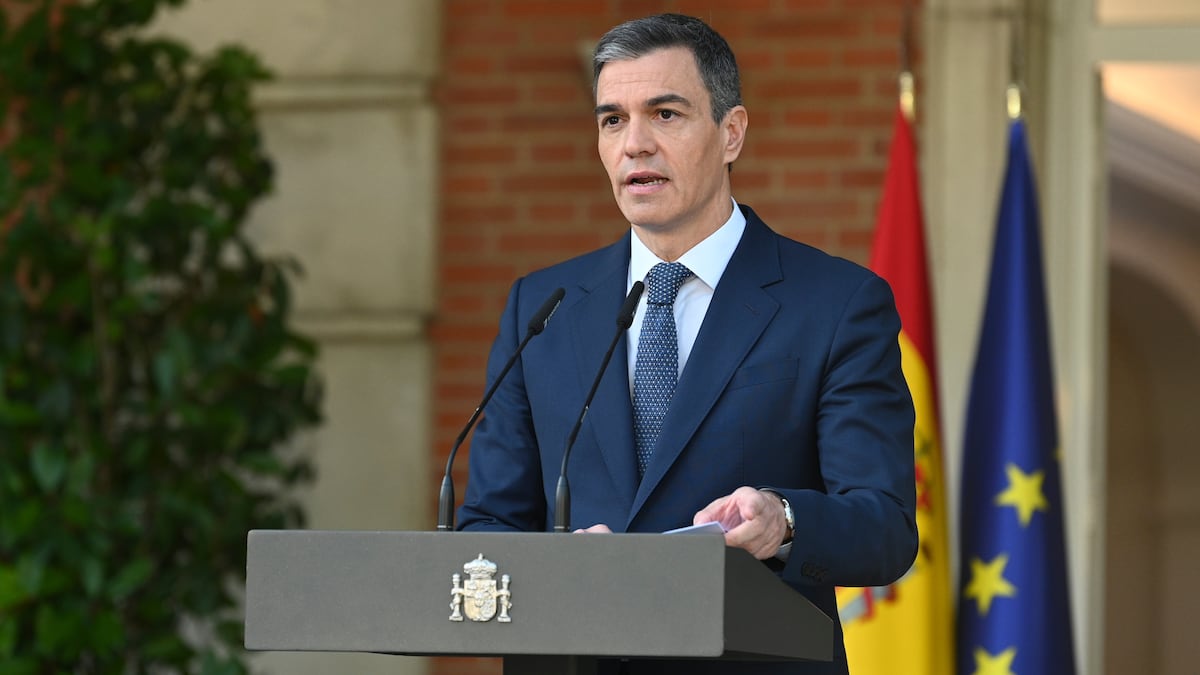Spain Recognizes the Palestinian State: A Move Towards Peace
On a historic day for Spanish foreign policy, Pedro Sánchez, the Spanish Prime Minister, officially recognized the Palestinian State, aligning with Ireland and Norway. This significant decision aligns with 140 countries worldwide that have already recognized Palestine. Standing on the steps of La Moncloa, Sánchez emphasized that Spain’s recognition strictly follows the 1967 borders, stating, “A viable state with the West Bank and Gaza connected by a corridor and unified under the government of the Palestinian Authority.” This step is seen as a move to balance the scales in the long-standing Israel-Palestine conflict.
Despite criticisms from Israel and opposition within Spain, Sánchez clarified that the decision was not against Israel but rather a firm stance against Hamas, a terrorist group opposing the two-state solution. “The Palestinian Authority is our partner for peace,” he stated, underscoring Spain's commitment to a peaceful resolution. This decision, hailed as 'historic' by Sánchez, aligns Spain with a global movement towards acknowledging Palestinian statehood within the 1967 borders, ensuring peace and security for both states.
Diplomatic Reactions and Future Prospects
The announcement was met with a variety of reactions. The Israeli Foreign Minister, Israel Katz, accused Sánchez of inciting genocide and war crimes, a claim that the Spanish Foreign Minister, José Manuel Albares, quickly denounced as 'provocations and despicable hoaxes'. Albares assured that Spain, Ireland, and Norway are coordinating a firm response and maintaining a focus on the recognition of Palestine, despite the diplomatic tensions.
In Spain, the coalition government showed differing views, with the second vice president and leader of Sumar, Yolanda Díaz, calling for further actions, including recalling the ambassador and imposing an arms embargo on Israel. This stance contrasts with the main opposition party, the PP, which criticized the timing of the recognition amidst ongoing European elections. Nonetheless, polls suggest that a significant majority of Spaniards support the recognition of Palestine.
Broader Implications and Next Steps
Spain's recognition of Palestine, alongside Ireland and Norway, positions these countries at the forefront of a broader international movement. Emerging support from other nations, including Slovenia, indicates a potential shift in European foreign policy towards the Israeli-Palestinian conflict. This move is particularly pertinent given the ongoing violence and humanitarian crisis in Gaza, with Israeli bombings resulting in significant casualties.
Invited by Spanish Foreign Minister Albares, Madrid will host a delegation of foreign ministers from Egypt, Saudi Arabia, Jordan, Qatar, and the UAE, as well as the Secretary General of the Arab League, Ahmed Ajdul Gheit, to further discuss peace efforts. This continued dialogue underscores Spain’s commitment to an international peace conference aimed at realizing the two-state solution.
While primarily symbolic at this stage, Spain’s decision has profound diplomatic implications. The Spanish consulate in Jerusalem will now serve Palestinians, and the Palestinian representative in Spain will be recognized as an ambassador. As the international community watches closely, Palestinians hope for more concrete measures, urging Spain to sever diplomatic and economic ties with Israel.
- Israeli Foreign Minister Israel Katz's provocative social media posts, which included offensive imagery and accusations, reflect the heightened tensions following Spain, Ireland, and Norway's recognition of Palestine.
- Despite calls for more aggressive measures from within the Spanish coalition government, official sources have indicated that neither the recall of ambassadors nor an arms embargo is immediately planned. Instead, Spain aims to appeal to international conventions and ensure the continued operation of its consulate in Jerusalem to aid Palestinians.
- The internal dynamics within the Spanish coalition government reveal a nuanced and complex approach to foreign policy, with Sumar pushing for a more assertive stance against Israel, while the Socialist sector, represented by Sánchez and Albares, maintains a balanced yet firm position on recognizing Palestinian statehood.






